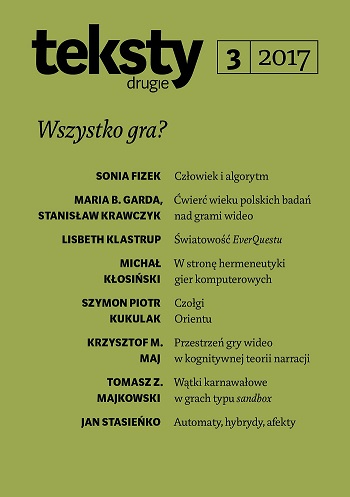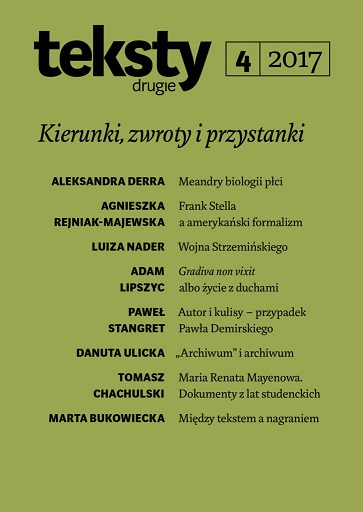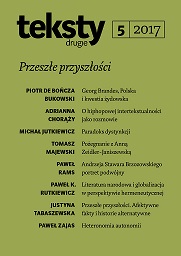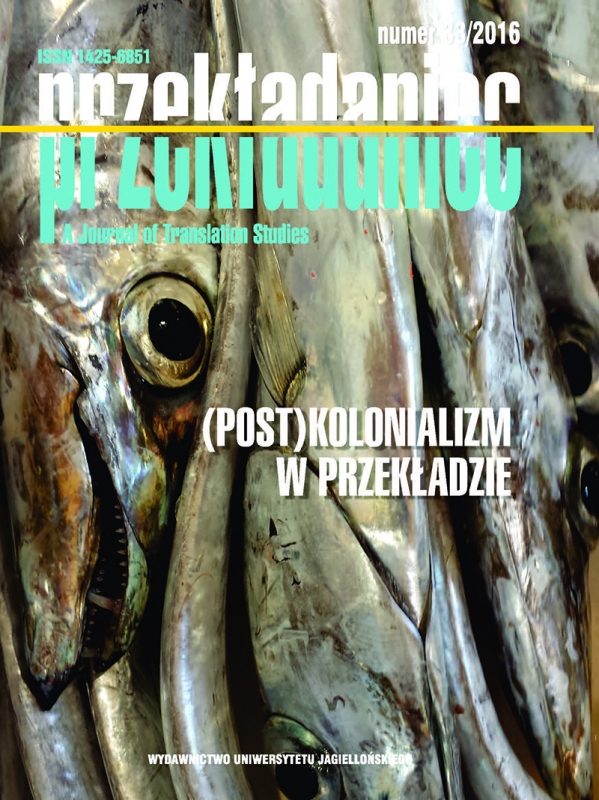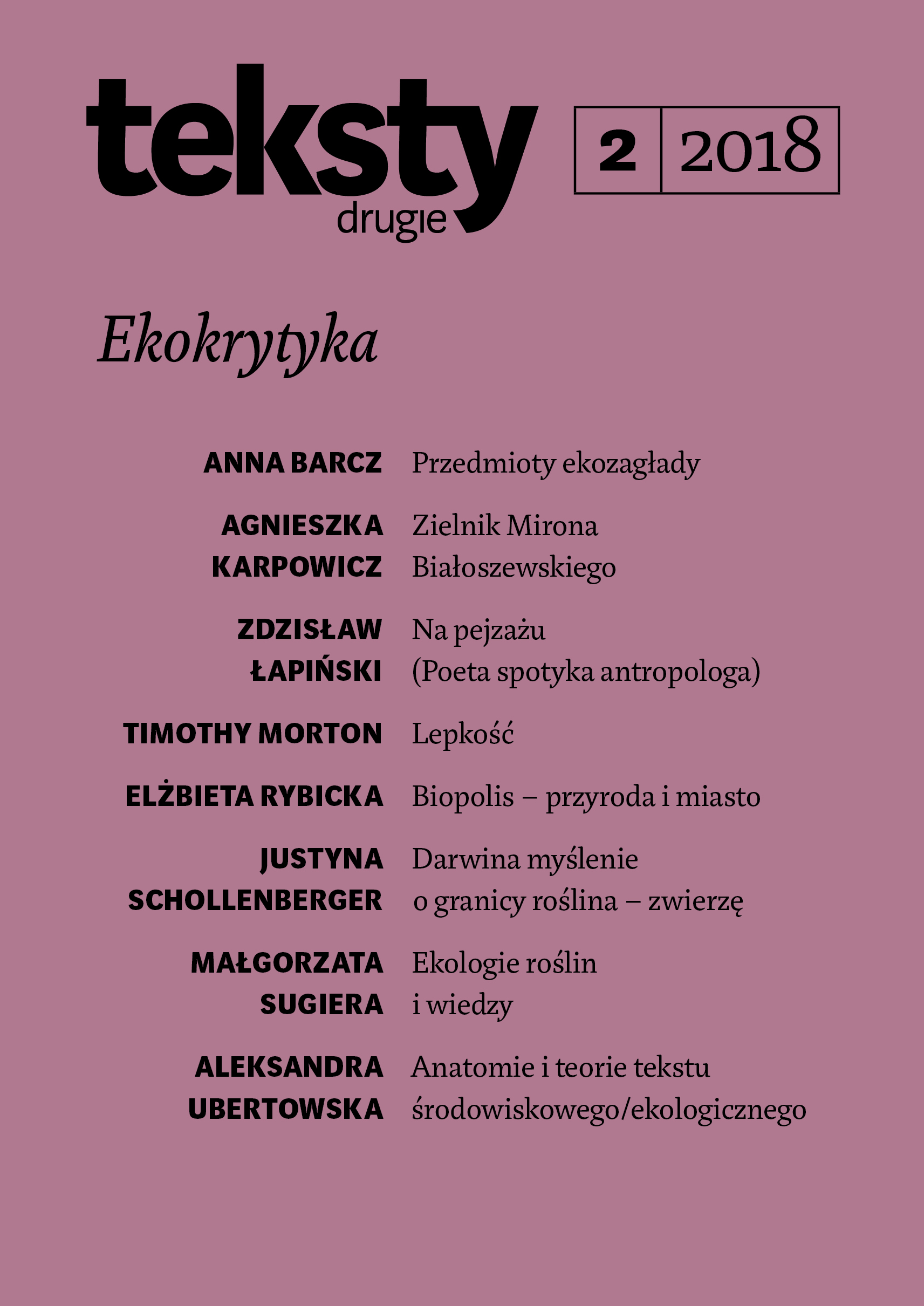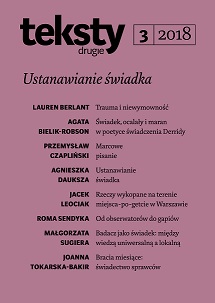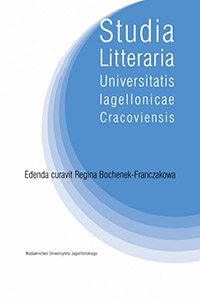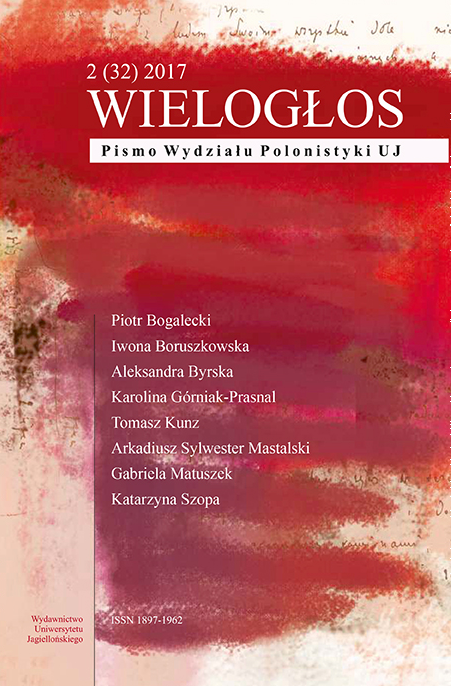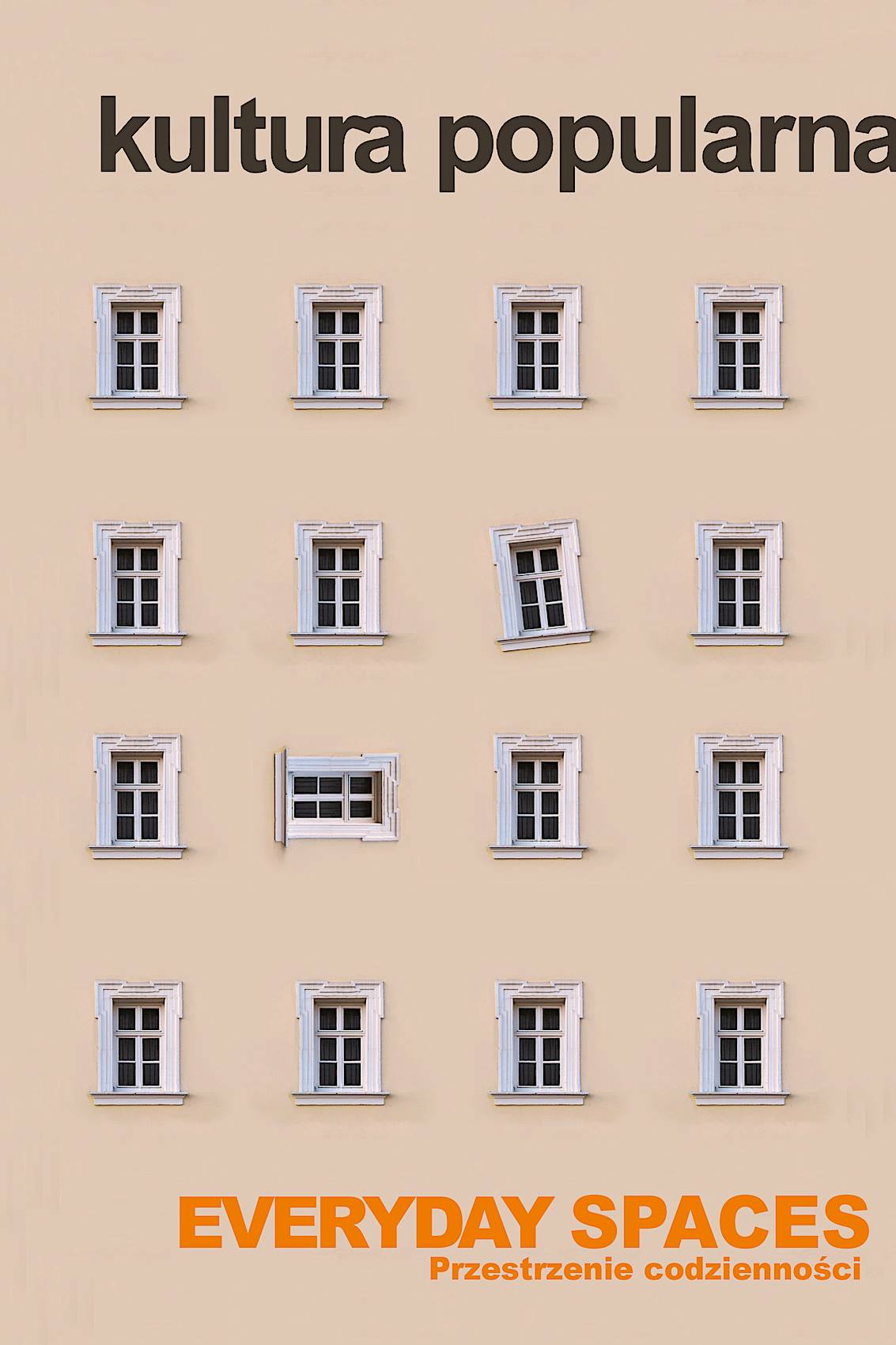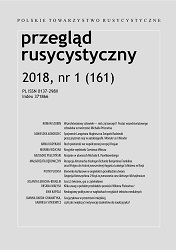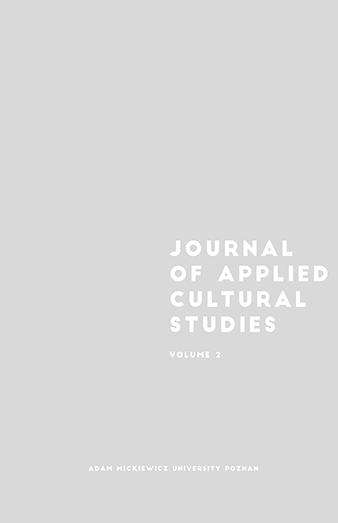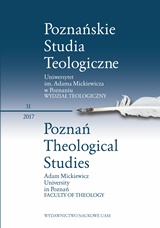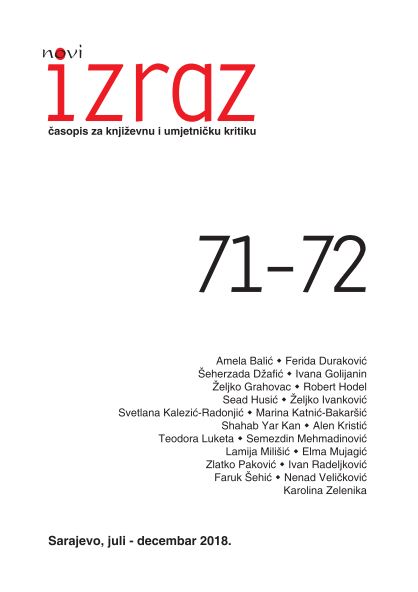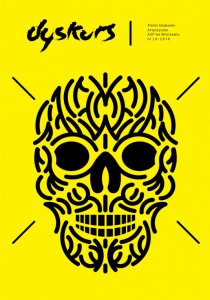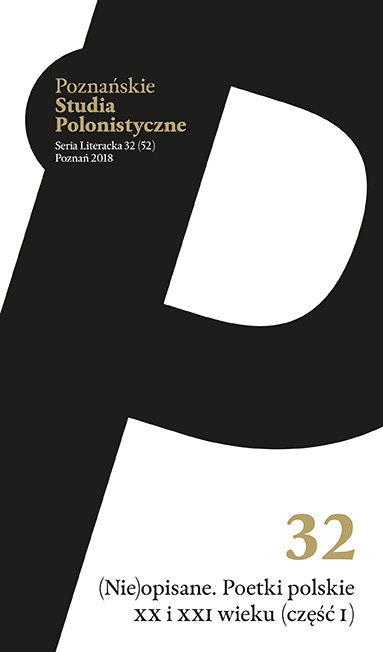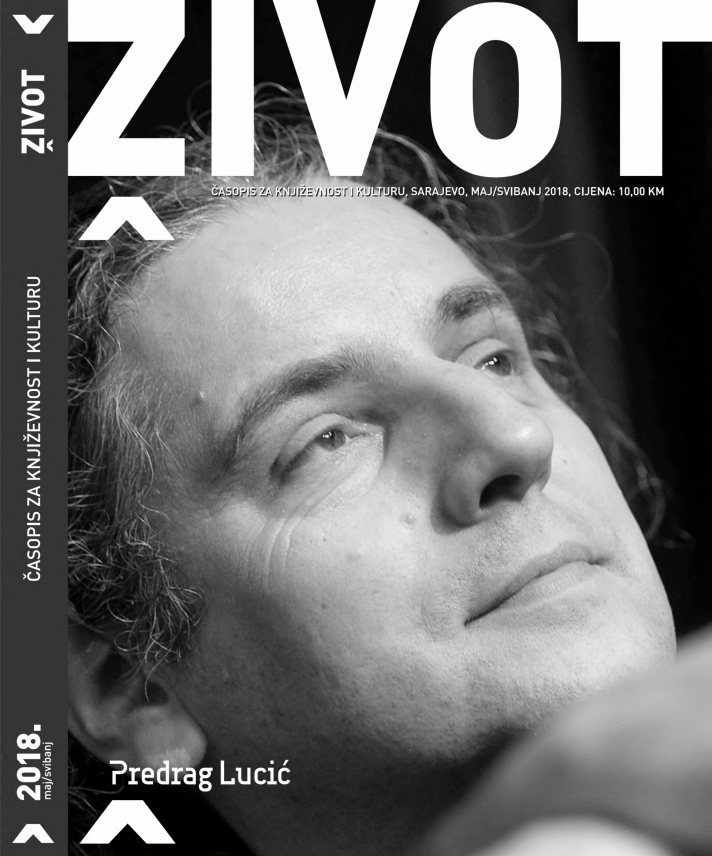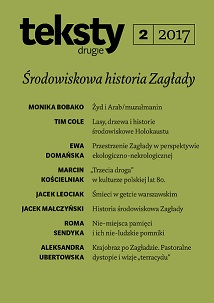
Powtórzenia i przynależności. Poezja Eugeniusza Tkaczyszyna-Dyckiego wobec pamięci
Tabaszewska reads Eugeniusz Tkaczyszyn-Dycki’s poetry alongside questions of tradition and cultural memory. She points out three main characteristics: the unique language, which draws on repetition and looping, the subject’s strong affective engagement, and the poet’s unique ability to convey the past and memories of the past in thoroughly contemporary images. She analyses these characteristics in the context of two theories: Marjorie Perloff’s non-original avant-garde and the poetics of memory. Tabaszewska concludes that the concrete motifs to which Tkaczyszyn-Dycki returns in his works, and on which his memory and poetic language come to loop, are places of affective repetition and memory jamming as it remains unable to come to terms with events that have not been worked through. Successive memory turns suggest an improvement, an editing of those events – not in order to change their meaning, however, but to make them expressible through the conventional language of poetry.
More...
